UN Security Council on tensions in Kosovo
The UN Security Council held an emergency session called by Serbia in New York on Tuesday.
Wednesday, 07.07.2010.
09:28

The UN Security Council held an emergency session called by Serbia in New York on Tuesday. The meeting came in order to review the situation in Kosovo after a bomb attack which left one person dead during a Serb protest rally in Kosovo Mitrovica last week. The Serbs were protesting against the opening of a Kosovo Albanian government office there. The Serbs do not recognize the authority of that government. UN Security Council on tensions in Kosovo Serbian President Boris Tadic addressed the council and referred to the incident as a flagrant act of terrorism aimed at sabotaging a solution that would lead to negotiations. The UN mission in Kosovo, UNMIK, chief and UN SC ambassadors called on dialog. Tadic also said the "sinister plan to unilaterally install by force an unlawful and unwanted regime in one part of Kosovo" had the backing of EU representative and ICO chief in Kosovo Pieter Feith. While five EU countries have not recognized the Kosovo Albanian unilateral independence declaration, ICO represents the five leading countries that have, and are actively promoting it. The president also called on the council to condemn the attack on Serbs in Kosovska Mitrovica, or else Belgrade would have to reconsider its relations with the international presence in Kosovo. Tadic also called on the international community to "ensure that the illegal office in northern Kosovska Mitrovica remains closed". UNMIK and EULEX mission chiefs in Kosovo Lamberto Zannier and Yves de Kermabon strongly condemned the latest incidents in northern Kosovska Mitrovica and called on both sides to practice restraint and dialog. The majority of Security Council ambassadors called the incident in northern Kosovo an isolated case and not a planned attack, adding that the situation in Kosovo was stable in spite of the attack. Russia's ambassador, however, called the attack an act of terrorism. He said that the situation in Kosovo was volatile and demanded "special attention," adding that no measures should be spared "to prevent further provocations". Kermabon said that in spite of the incident there was no risk of a deterioration of the overall situation in either Kosovska Mitrovica or the rest of Kosovo. He stressed that everything was being done to apprehend those responsible for the attack, but that the investigation needed time, which was why he could reveal no other details. Zannier and De Kermabon also noted that Kosovo Serb member of the assembly in Pristina Petar Miletic was wounded in front of his home on July 5. Commenting on the incident, Kermabon said that Kosovo police had unlawfully been denied access to the hospital in northern Kosovska Mitrovica during an investigation. He added that "certain radical elements in northern Kosovo had threatened EULEX personnel", which he said deserved to be condemned. The UN ambassadors also called on Belgrade and Pristina to start discussing practical issues and pleaded with the international community and all of the parties involved to do everything in their power to prevent similar incidents from occurring in the future. The ambassadors of China and Russia voiced their concern over the latest violent events in Kosovo. Skender Hyseni, appointed by the government in Pristina as its foreign minister, said that "Belgrade should not interfere in Kosovo's internal affairs" and that Kosovo police were investigating the attack. Hyseni said that the decision to open the office in Kosovska Mitrovica had been "previously been well thought out" and that the office was "not directed at anyone", while the purpose of the Kosovo Serb protests "was to undermine positive efforts in that part of Kosovo, unfortunately, with the help of the authorities in Belgrade". During the Security Council debate, Tadic stressed that the Council still endorsed a position opposed to Kosovo's unilateral declaration of independence and that Pristina needed to accept that reality. The Serbian president said that he hoped that "we will ultimately all end up in the EU", but stressed that, before that could happen, a compromise needed to be found for Kosovo. The UN Security Council (FoNet, file)
UN Security Council on tensions in Kosovo
Serbian President Boris Tadić addressed the council and referred to the incident as a flagrant act of terrorism aimed at sabotaging a solution that would lead to negotiations. The UN mission in Kosovo, UNMIK, chief and UN SC ambassadors called on dialog.Tadić also said the "sinister plan to unilaterally install by force an unlawful and unwanted regime in one part of Kosovo" had the backing of EU representative and ICO chief in Kosovo Pieter Feith. While five EU countries have not recognized the Kosovo Albanian unilateral independence declaration, ICO represents the five leading countries that have, and are actively promoting it.
The president also called on the council to condemn the attack on Serbs in Kosovska Mitrovica, or else Belgrade would have to reconsider its relations with the international presence in Kosovo.
Tadić also called on the international community to "ensure that the illegal office in northern Kosovska Mitrovica remains closed".
UNMIK and EULEX mission chiefs in Kosovo Lamberto Zannier and Yves de Kermabon strongly condemned the latest incidents in northern Kosovska Mitrovica and called on both sides to practice restraint and dialog.
The majority of Security Council ambassadors called the incident in northern Kosovo an isolated case and not a planned attack, adding that the situation in Kosovo was stable in spite of the attack.
Russia's ambassador, however, called the attack an act of terrorism. He said that the situation in Kosovo was volatile and demanded "special attention," adding that no measures should be spared "to prevent further provocations".
Kermabon said that in spite of the incident there was no risk of a deterioration of the overall situation in either Kosovska Mitrovica or the rest of Kosovo. He stressed that everything was being done to apprehend those responsible for the attack, but that the investigation needed time, which was why he could reveal no other details.
Zannier and De Kermabon also noted that Kosovo Serb member of the assembly in Priština Petar Miletić was wounded in front of his home on July 5.
Commenting on the incident, Kermabon said that Kosovo police had unlawfully been denied access to the hospital in northern Kosovska Mitrovica during an investigation. He added that "certain radical elements in northern Kosovo had threatened EULEX personnel", which he said deserved to be condemned.
The UN ambassadors also called on Belgrade and Priština to start discussing practical issues and pleaded with the international community and all of the parties involved to do everything in their power to prevent similar incidents from occurring in the future.
The ambassadors of China and Russia voiced their concern over the latest violent events in Kosovo.
Skender Hyseni, appointed by the government in Priština as its foreign minister, said that "Belgrade should not interfere in Kosovo's internal affairs" and that Kosovo police were investigating the attack.
Hyseni said that the decision to open the office in Kosovska Mitrovica had been "previously been well thought out" and that the office was "not directed at anyone", while the purpose of the Kosovo Serb protests "was to undermine positive efforts in that part of Kosovo, unfortunately, with the help of the authorities in Belgrade".
During the Security Council debate, Tadić stressed that the Council still endorsed a position opposed to Kosovo's unilateral declaration of independence and that Priština needed to accept that reality.
The Serbian president said that he hoped that "we will ultimately all end up in the EU", but stressed that, before that could happen, a compromise needed to be found for Kosovo.













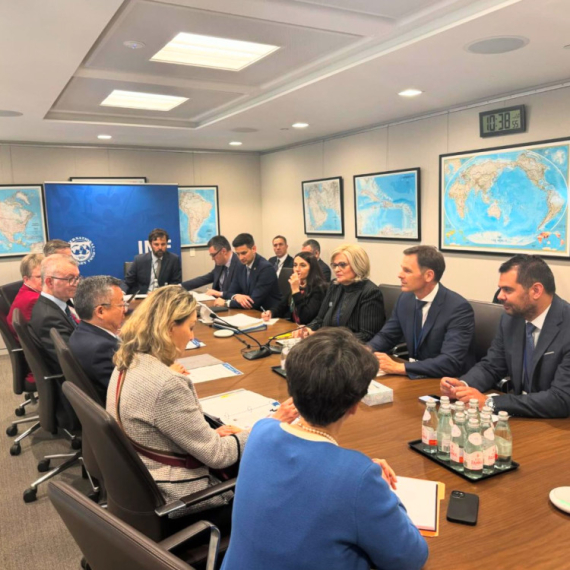
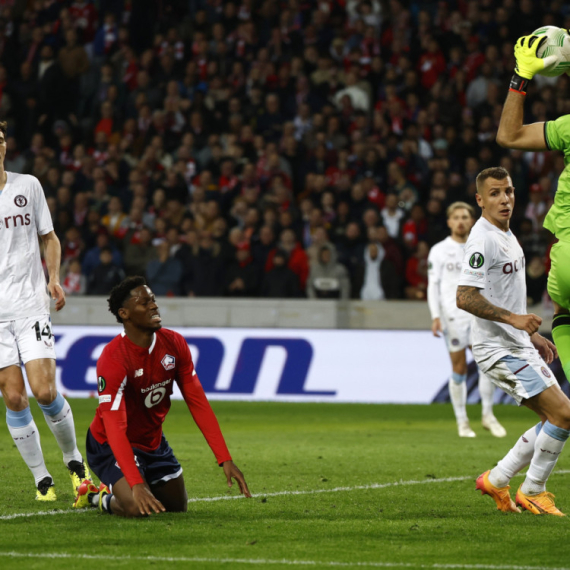
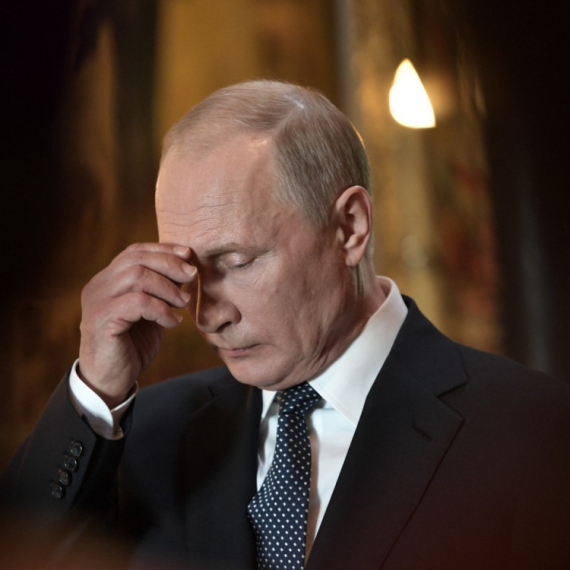
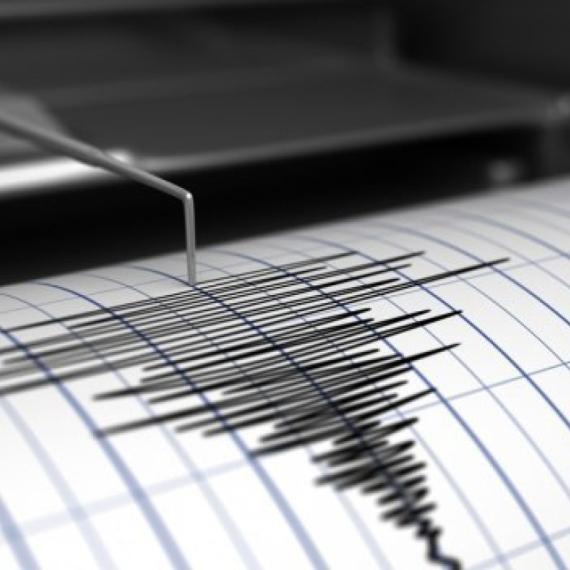
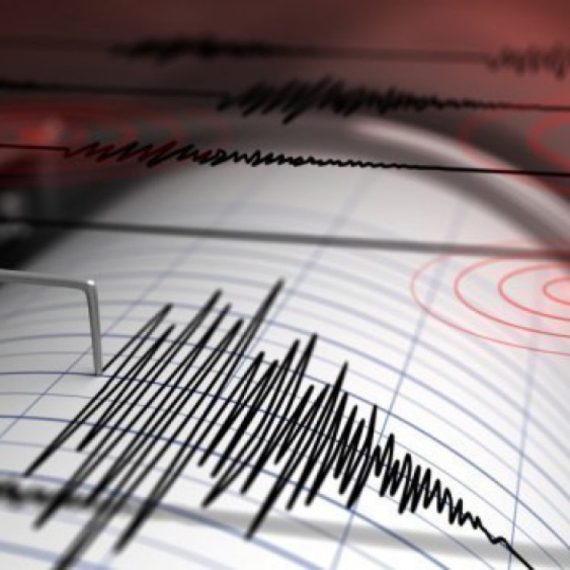
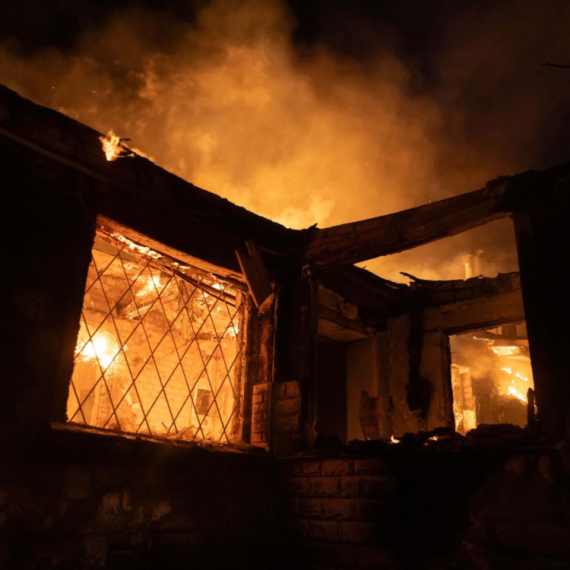









































Komentari 30
Pogledaj komentare